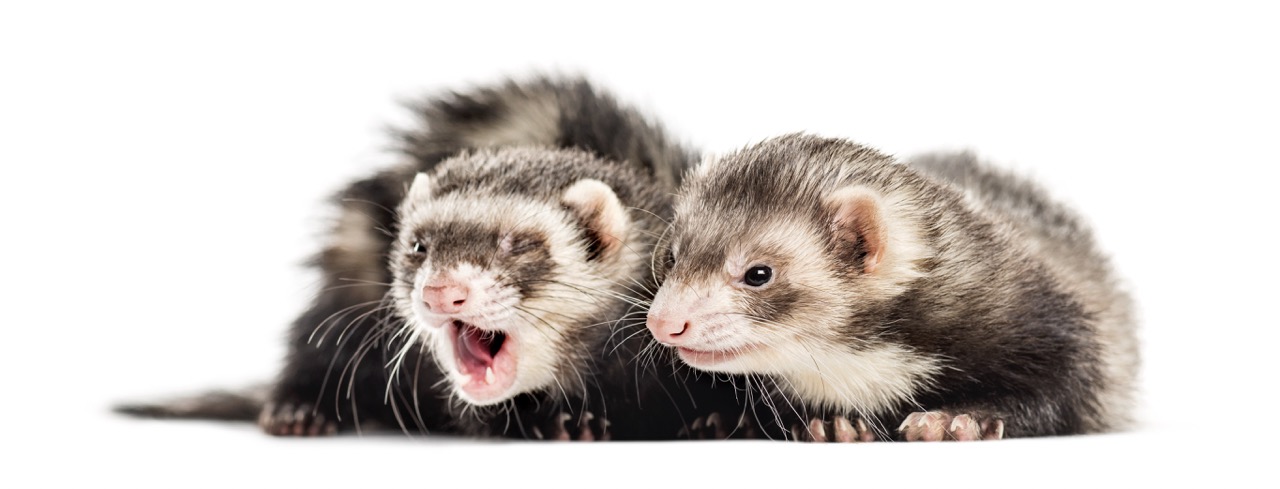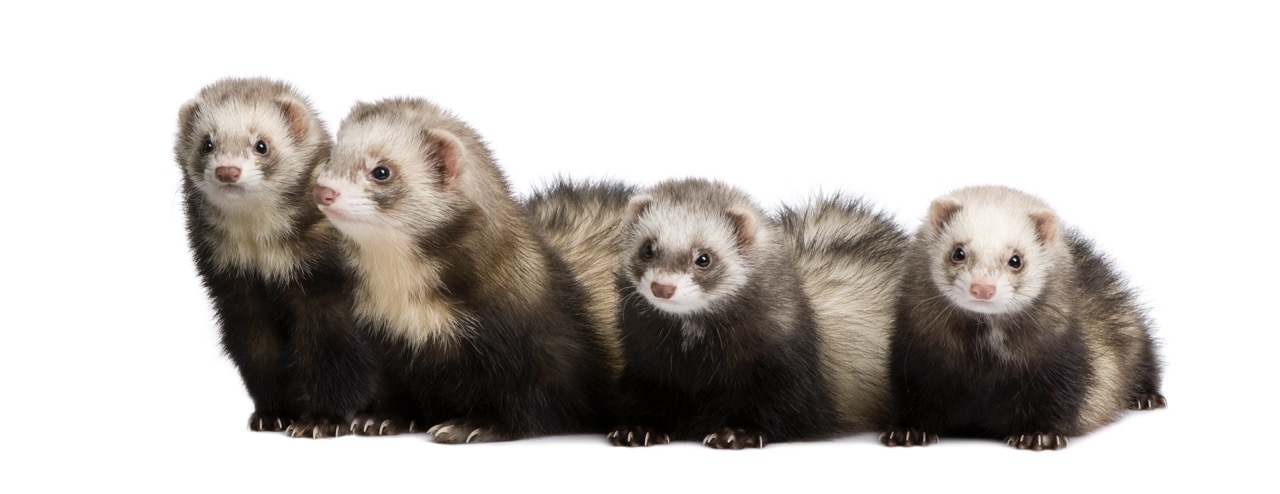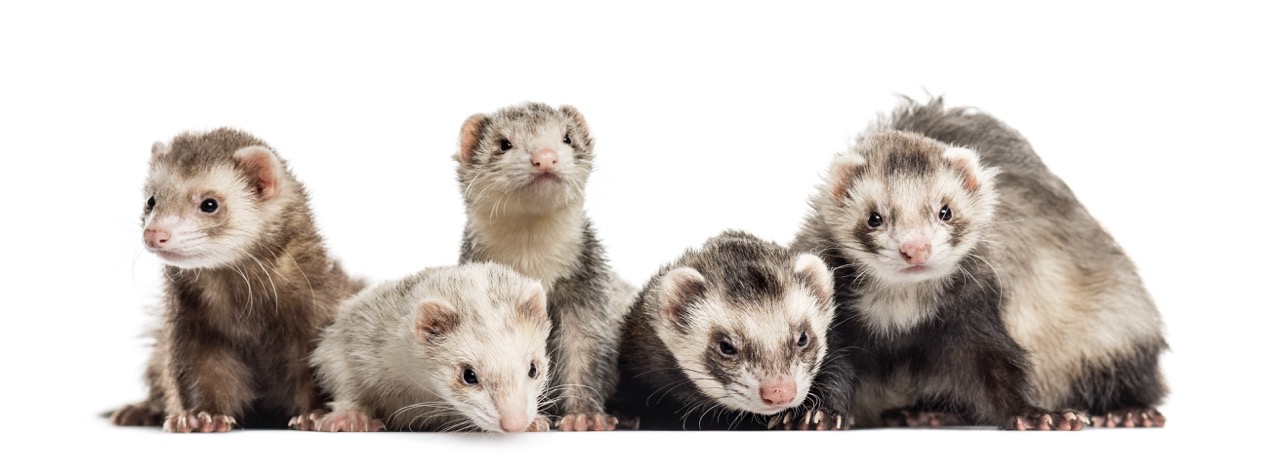Ferrets are charming and playful pets that have gained popularity in recent years. However, with their rise in popularity, a plethora of myths and misconceptions have emerged. Understanding the truth behind these myths is essential for both current and prospective ferret owners. In this article, we will explore common myths surrounding ferret behavior, diet, housing, care, and health, providing clarity and accurate information to help you care for these delightful creatures.
Understanding Ferret Behavior: Separating Fact from Fiction
One common myth surrounding ferret behavior is that they are inherently aggressive animals. In reality, ferrets are playful and curious, with their natural instincts driving them to explore their environment. Aggressive behavior is often a result of fear or improper handling rather than an inherent trait. Socialization and gentle handling from a young age can significantly reduce the likelihood of aggression and help develop a well-adjusted pet.
Another misconception is that ferrets can be litter-trained like cats. While ferrets do tend to favor specific areas for elimination, they are not as reliable as cats when it comes to using a litter box consistently. Ferrets have a tendency to mark their territory, which can lead to occasional accidents outside the designated area. Understanding this behavior helps owners set realistic expectations and create a more suitable environment for their ferret’s needs.
Finally, many people believe that ferrets are low-maintenance pets. While they may not require daily walks like dogs, ferrets are active animals that need regular playtime and social interaction. They thrive on mental stimulation and physical activity, which means they require dedicated time and attention from their owners. Misunderstanding their social needs can lead to boredom and behavioral issues, which emphasizes the importance of commitment in ferret ownership.
Ferret Diet Myths: What You Really Need to Know
A prevalent myth about ferrets is that they can thrive on a diet of fruits and vegetables. Ferrets are obligate carnivores, meaning their bodies are designed to digest and utilize meat-based proteins. Feeding them a diet rich in plant-based foods can lead to serious health issues, including digestive problems and nutritional deficiencies. The best diet for ferrets includes high-quality ferret or kitten food that is meat-based, with a protein content of at least 30%.
Another misconception is that ferrets only need to eat once a day. In actuality, ferrets have a fast metabolism and require several small meals throughout the day. Most ferrets benefit from access to food at all times, allowing them to graze as needed. This feeding schedule mimics their natural behavior in the wild, where they would hunt and consume multiple small meals throughout the day.
Lastly, some people believe that table scraps or leftover human food are suitable for ferrets. This practice can be harmful, as many human foods are not appropriate for ferrets and can lead to obesity, digestive issues, and other health problems. To ensure their well-being, it is essential to stick to a balanced diet specifically formulated for their nutritional needs, avoiding any type of human food that could jeopardize their health.
Housing and Care: Common Misconceptions Explored
One myth about ferret housing is that they can happily live in a small cage without any additional space or enrichment. While ferrets can be housed in cages, they require ample space to roam, play, and explore outside of their enclosure. A ferret-proofed room or a secure play area is essential for their mental and physical well-being. Regular out-of-cage time is vital for their development and helps to prevent boredom and destructive behaviors.
Another misconception is that ferrets do not require much grooming. While they have short fur that doesn’t mat easily, they are prone to skin issues if not properly cared for. Regular grooming, including brushing and bathing, is essential to maintain their coat health and prevent odors. Additionally, ferrets are notorious for getting into mischief, so their living space should be thoroughly ferret-proofed to avoid accidents and injuries.
Some owners also believe that ferrets can be kept outdoors without any issues. This is a dangerous misconception, as ferrets are domesticated animals that are not equipped to handle extreme weather conditions, predators, or other outdoor hazards. Ferrets should be kept indoors in a controlled environment, with supervised outdoor time only in secure, enclosed spaces to ensure their safety and well-being.
Ferret Health Myths: Clarifying Risks and Realities
A common myth is that ferrets do not require vaccinations. In reality, ferrets are susceptible to several diseases, including distemper and rabies, which can be prevented through proper vaccinations. Regular veterinary check-ups and vaccinations are essential to keep ferrets healthy and protected from preventable illnesses. Owners should consult with a veterinarian experienced in ferret care for appropriate vaccination schedules.
Another misconception is that ferrets are prone to only a few health issues. While ferrets can be relatively healthy, they are susceptible to several conditions, such as adrenal gland disease, insulinoma, and lymphoma. Understanding the risks and being vigilant about signs of illness is crucial for early diagnosis and treatment. Regular check-ups can help catch health issues before they become more serious, ensuring a longer, healthier life for your ferret.
Lastly, some believe that spaying or neutering is unnecessary for ferrets. In truth, spaying or neutering is highly recommended to prevent health problems and unwanted litters. Unaltered ferrets can exhibit aggressive behaviors and hormonal issues, such as adrenal disease. By spaying or neutering your ferret, you can help mitigate these risks and contribute to a healthier, happier pet.
As we have explored, numerous myths surround the care and behavior of ferrets. By debunking these misconceptions, we can better understand these unique animals and provide them with the appropriate care they deserve. Knowledge is key to responsible ferret ownership, fostering a healthy, happy relationship between you and your ferret. Always remember to consult with knowledgeable professionals, such as veterinarians and experienced ferret owners, to ensure you are making informed decisions for your furry companion.










